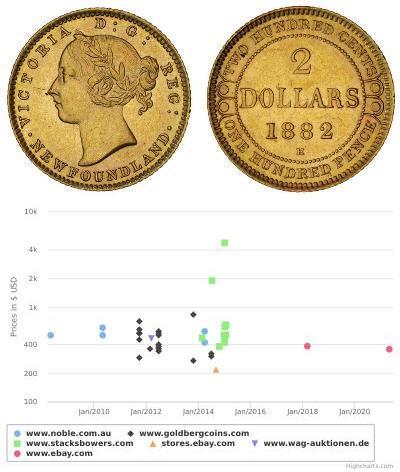King George VI
King George VI, who reigned from 1936 to 1952, had a significant impact on the British Empire during a period of great change and upheaval. Here are some key aspects of King George VI's impact on the British Empire:
World War II: King George VI played a crucial role as a symbol of unity and resilience during World War II. He provided moral support to the British people and the Empire throughout the conflict, making morale-boosting visits to troops and civilians affected by the war. His steadfastness and leadership during the war earned him widespread respect and admiration.
Decolonization: King George VI oversaw the process of decolonization, whereby many territories of the British Empire gained independence. During his reign, several countries, including India, Pakistan, Ceylon (now Sri Lanka), and Burma (now Myanmar), achieved independence. The process of decolonization transformed the British Empire into the Commonwealth of Nations, a voluntary association of independent states with shared values and goals.
Post-War Reconstruction: After World War II, King George VI supported efforts to rebuild and reconstruct the British Empire and its member states. He championed initiatives aimed at economic recovery, social welfare, and international cooperation, laying the groundwork for the post-war era of prosperity and stability.
Role of the Monarchy: King George VI's reign reaffirmed the importance of the monarchy as a unifying institution within the British Empire and the Commonwealth. Despite the decline of imperial power, the monarchy continued to serve as a symbol of continuity and tradition, providing stability and continuity during periods of change.
Transition to Queen Elizabeth II: King George VI's death in 1952 marked the end of an era and the beginning of a new chapter in the history of the British Empire and the Commonwealth. His daughter, Princess Elizabeth, ascended to the throne as Queen Elizabeth II, becoming the head of state of numerous countries across the globe.
Overall, King George VI's impact on the British Empire was characterized by his leadership during World War II, his support for decolonization and post-war reconstruction, and his role in maintaining the monarchy's relevance in a changing world. His reign marked a pivotal period in the history of the British Empire and the Commonwealth, shaping its trajectory for decades to come.
You may be interested in following coins
2025-05-24
- Historical Coin Prices
2025-05-24
- Historical Coin Prices







